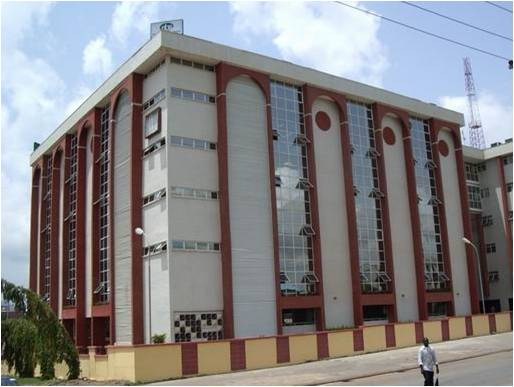Nigeria’s Consumer Price Index (CPI) for the month of February rose by 11.31% Year-on-Year, according to latest data by the National Bureau of Statistics (NBS), 0.06% slower than the 11.37% recorded in January 2019.
Food inflation for the period also slowed down to 13.47% from 13.61% in preceding month; while Core inflation dropped to 9.80%, as against 9.90% in January 2019, even as urban inflation rate climbed by 11.59% YoY in February 2019, from 11.66% recorded in January. Also, rural inflation rate increased by 11.05% in February 2019, up from 11.11% in the preceding month.
On a month-on-month basis, headline index was up by 0.73%, 0.01% improvement over the 0.74% rate recorded in January 2019; urban inflation index rose by 0.76% in February 2019, down by 0.01% from 0.77% in January 2019, while the rural index also rose by 0.71% in February 2019, which was same rate as was recorded in January.
For the month, all items inflation on year on year basis was highest in Kebbi at 13.78%, followed by 13.57% recorded in Taraba; while Kaduna recorded 13.54% inflation rate.
Inflation growth rate was however slowest in Kwara, 9.36%; while Delta recorded 9.60%; and Cross River, 9.81%.
MoM however, February 2019 all items inflation was highest in Taraba, 1.87%; Ogun, 1.83%; followed by Imo, 1.62%; just as Kogi and Delta recorded negative inflation (general decrease in the general price level of goods and services or a negative inflation rate) in February 2019.
The bureau noted that “the weight assigned to a particular food or non-food item may differ from state to state making interstate comparisons of consumption basket inadvisable and potentially misleading.”
For the period under review, food inflation on a year on year basis was highest in Nasarawa, 16.78%, Taraba, 16.76% and Abuja, 16.29%, while Abia recorded the lowest growth in food inflation at 10.81%; Delta, 11.51% and Kogi, 11.68%.
On month on month basis however, February 2019 food inflation was highest in Taraba, 2.95%; Ogun, 2.73%; and Nasarawa, 2.42%; and slowest in Benue, Delta, Kogi and Ondo, all of which recorded food price deflation or negative inflation (general decrease in the general price level of goods and services or a negative inflation rate) in February 2019.
Trending Today
Menu








